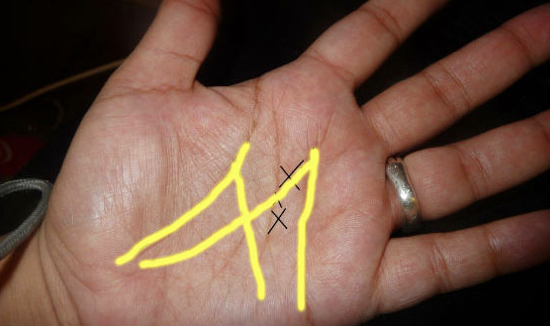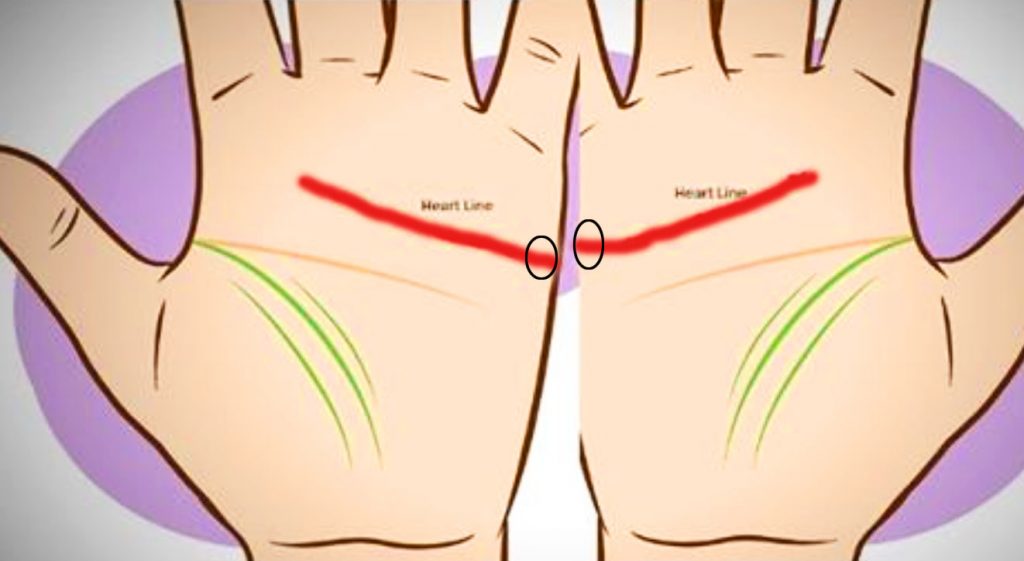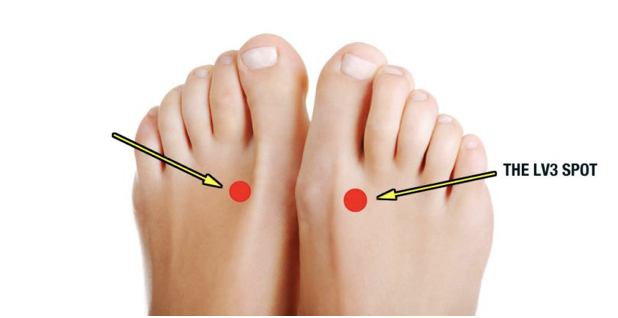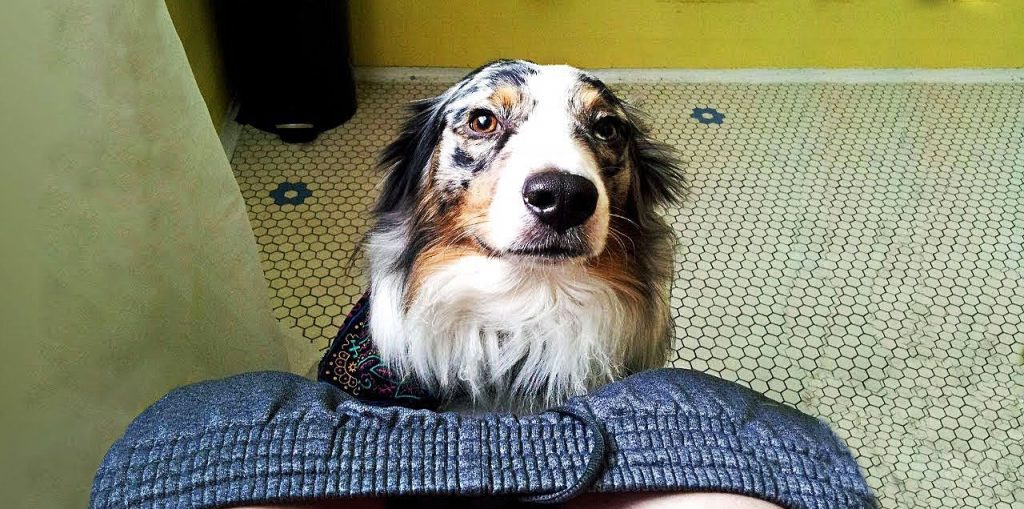Woman Pours Baby Oil On a Roll Of Paper Towels. The Reason Is Brilliant
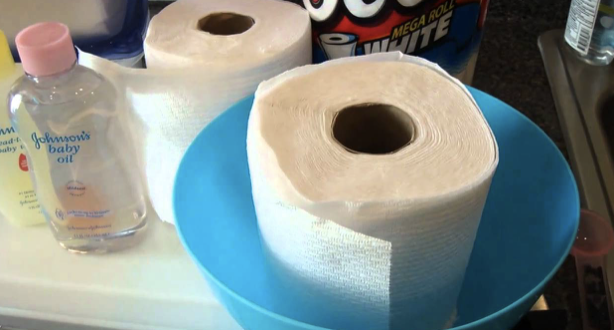
Baby wipes are needed, and arguably essential, for cleaning and freshening up babies and young children. Some brands are well made yet expensive, others cheap but low quality, and almost all contain ingredients that can cause irritation in some babies with sensitive skin. It is hard to truly know what different wipes contain. Oftentimes there are additives like perfumes, chemicals, and alcohol, which have been shown to increase the risk of irritation. Mothers want the best for their children and the only way to know for sure what wipes contain is to make your own.
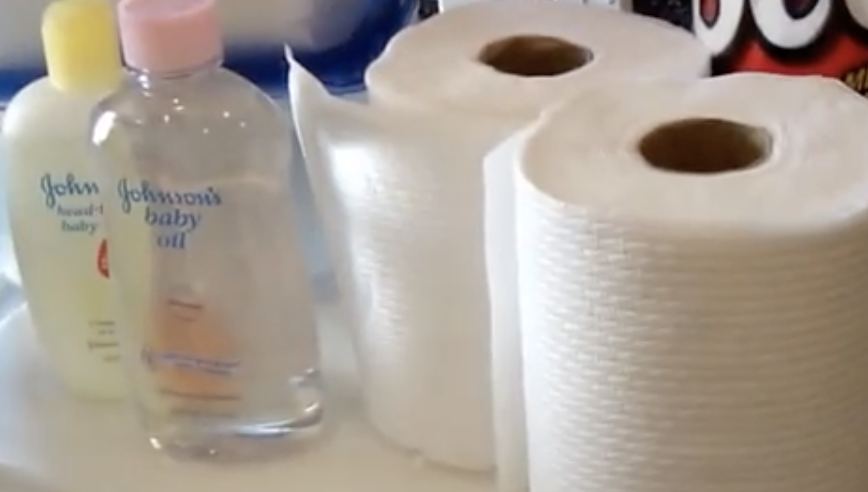
The key to DIY wipes is to start with a good quality paper towel, if cheap ones are used they will just fall apart and disintegrate. Take a roll and cut it in half with sharp knife (the sharper the better, you want as smooth an edge from the cut as possible). Now you have 2 rolls which should look like 2 rolls of toilette paper. Place one of the halves in a bowl and set it aside. Now it is time to mix up 1 and ½ cups of water with 2 tablespoons of baby wash and 1 tablespoon of baby oil.
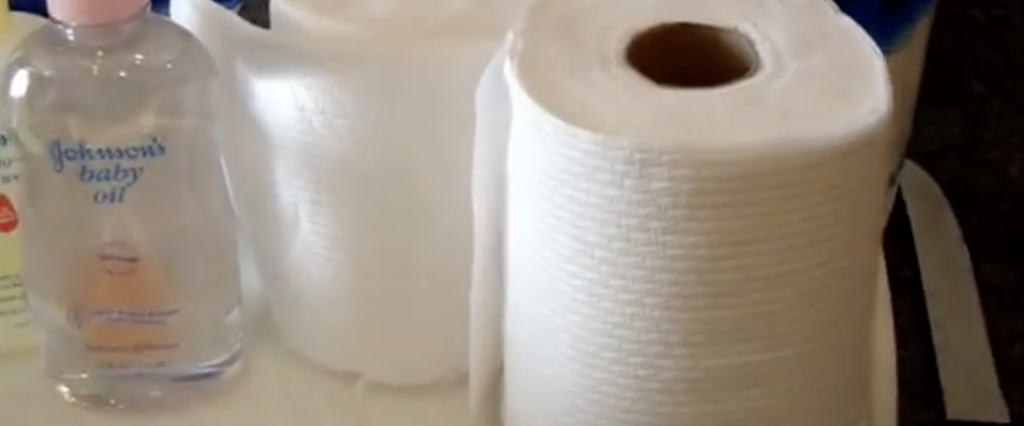
Pour the liquid over the entire roll, making sure to soak it completely, and let it sit in the bowl for about 10 minutes. Turn the roll over and pour any remaining liquid on top, if there is none left just let it soak for another 10 minutes on that side as well. When that is done you can pull out the middle cardboard part. This should be easy to pull through if your roll is wet enough.
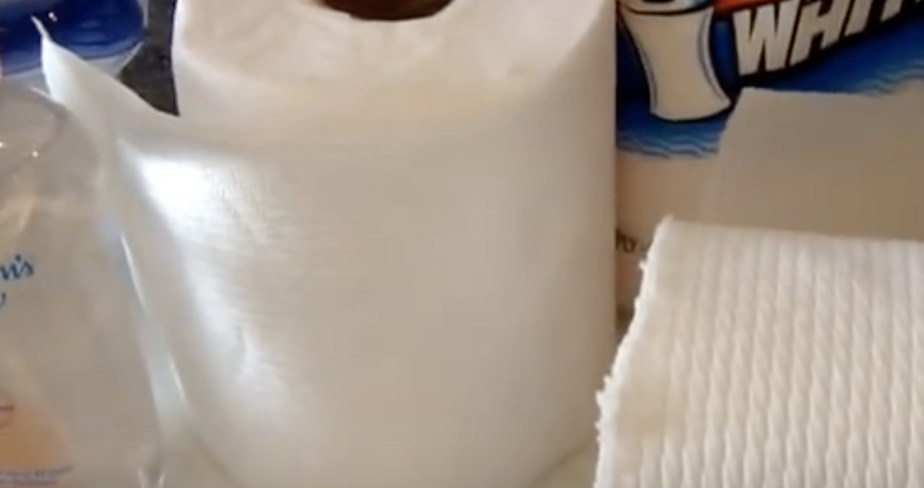
Another way to make these wipes is to cut up the paper towels into pieces. Place them in a nice water-tight container (like a plastic food storage type) and pour the mixture over it. Allow this to soak for 10 minutes before placing the lid on and turning it over to again soak for an additional 20 minutes. That’s it!
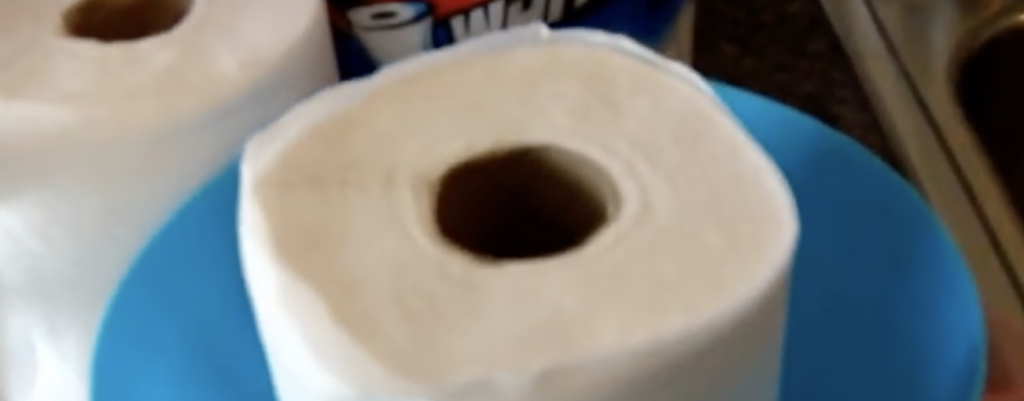
These make thoughtful and unique baby shower gifts as well. The woman in the video explains that she is going to tie a pretty ribbon around the container to dress it up a bit. She also plans to include a nice tag with directions on how to make them. The whole project is very easy, inexpensive, and will put any mom’s mind at ease knowing that the wipes don’t contain potential irritants or unknown ingredients.
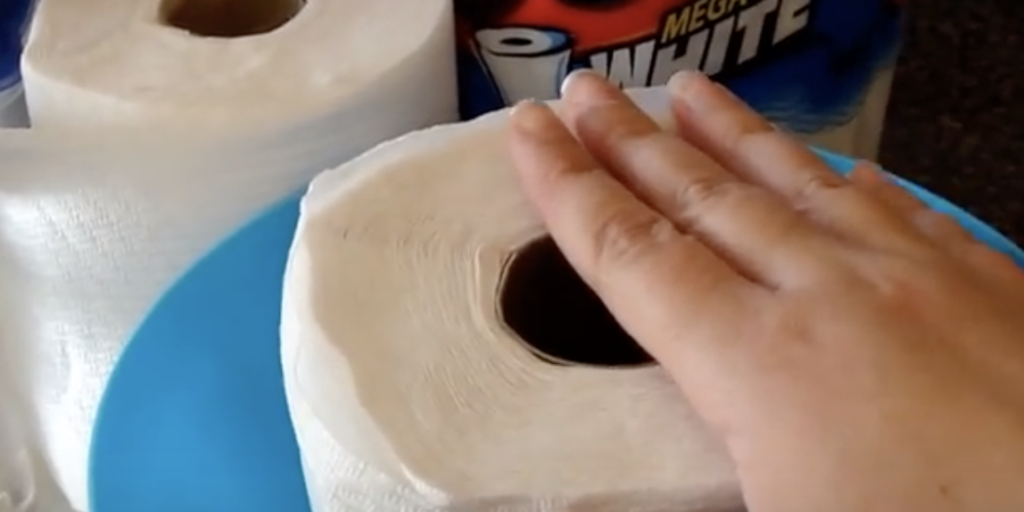
Please Share This Life Hack With Family and Friends
If You Use Flushable Baby Wipes Read This Story. The Result Is Nasty!
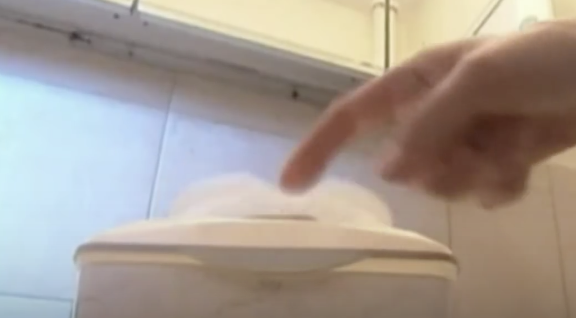
Wet wipes, or per-moistened personal hygiene cloths, have become a widely used product in the last ten years. Sales in 2013 alone reached 20 billion wipes sold and are predicted to grow by approximately 6% every year for the next five years. Around half of all wipes sold are marketed under the “flushable” label and deemed safe for septic systems by their makers. Across America sewer lines and pumps are backing up and becoming clogged with these “flushable” wipes because in reality they are NOT safe to flush. Those labels are marketing hyperbole used to sell more wipes to more people and we are only beginning to see the negative effects it is having on sewer systems.
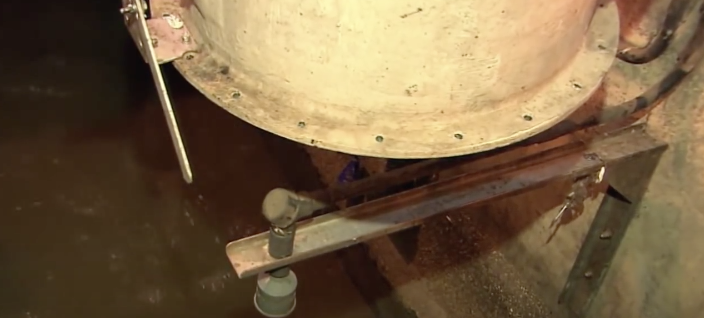
Toilette paper is made from tree pulp and is thus organic matter. Sewage treatment centers use a digestion system that helps with the breakdown of organic materials; basically poop, pee and toilette paper. That system, in combination with processes that absorb most toilette paper naturally along the way, had for a long time been enough to treat sewage waste. Until recently, when there came a huge uptick in the amount of wet wipes being flushed down the toilette.
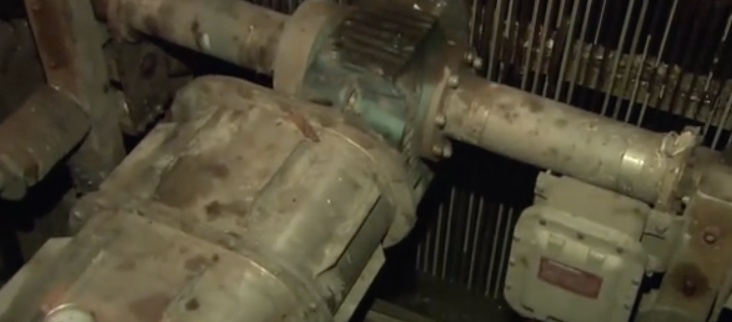
The main problem with this is the fact that wipes are made from synthetic plastic based materials that cannot be broken down naturally in the same way that organic materials are. Since they cannot be broken down they must be removed and separated out, like a plastic bag would need to be if it were flushed down the loo. A lot of wipes are filtered out but many still end up clogging sewer pipes and waste intake machines.
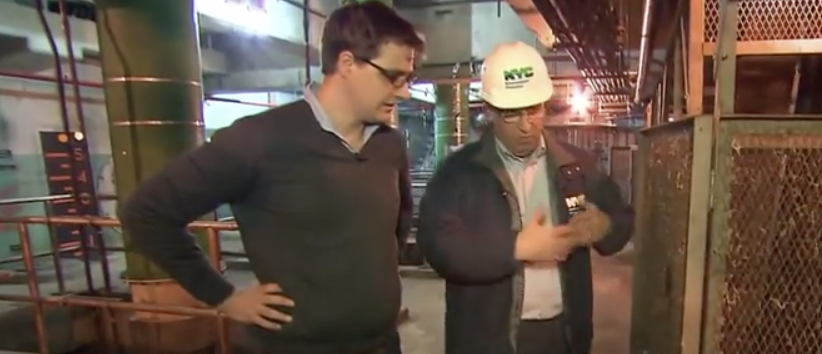
That has translated into millions of dollars of repair work to septic systems which is passed along to the taxpayers and residents who use these pipes and wipes. Officials in many cities report numerous instances of sewage pumps routinely becoming clogged and needing to be replaced. The lesson of this story will hopefully be commonsense one day soon, do not flush wet wipes regardless of whether they are labeled flushable or not. Instead, please dispose of them in the trash, where they will end up anyways but without adding up to unnecessary, nasty, costly clogs.
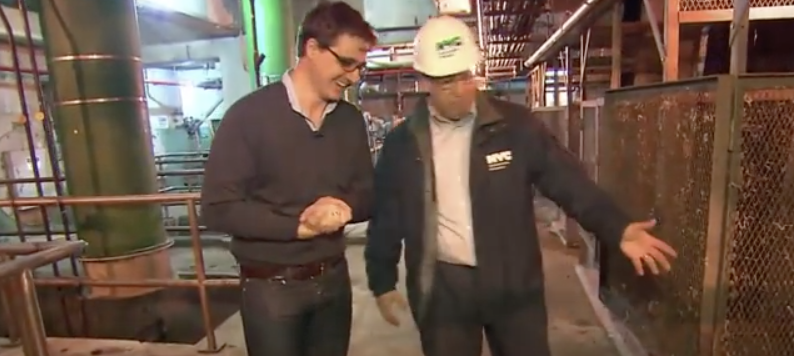
Please Share With Family and Friends

